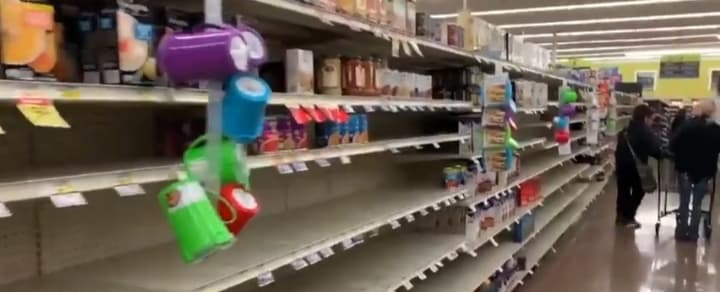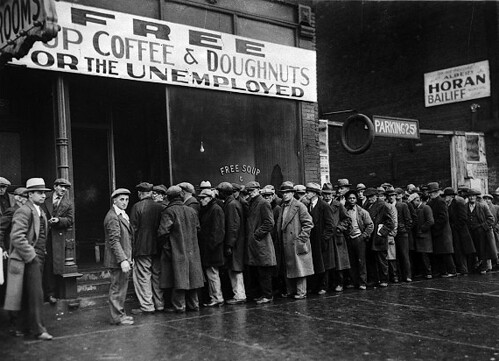| Written by, Melony F. Carter | March 29, 2020 | At 2:37 a.m. |

As the whole world tries to heal from a runny nose, some millennials are finding it difficult to believe that the Coronavirus (Covid-19) is a real infectious disease.
Unless, recently, you have decided to ignore current events or have purposefully hidden yourself away from all mankind underneath a rock for three months, than you should be pretty familiar with the common day phrases, “stay at home, wash your hands for at least 20 seconds and practice social distancing with six feet of spacing.”
Hidden Carriers
As doctors continue to study Covid -19, some outcomes have shown the virus has three levels of exposure consisting of mild-moderate, severe and critical.
In most cases, exposure to the virus has proven more severe and critical on those older populations, 85 > with underlining illnesses and less of an impact on those aging 20-44 and younger.
In the article, If you have lost your sense of smell or taste you could be a ‘hidden carrier’ of the coronavirus, published by Yahoo News reporter Adam Bienkov, explains, “evidence compiled by leading Rhinologists in the UK, [those that] have sudden loss of smell could be a “hidden carrier”.
In another report, Severe Outcomes Among Patients with Coronavirus Disease 2019 (COVID-19) — United States, February 12–March 16, 2020, the CDC (Center of Disease and Prevent Center) shows out of 4,226, 29% of the cases reported were 20-44-year-old, 20% received hospitalization, and 2%-4% ICU.
Convincing Millennials
Though some millennials, still question this common day pandemic’s validity; and make reckless statements like, “I don’t care if I get the coronavirus,” as they proved it by planning spring break trips to the beach. There are many public health officials that are attempting to convince millennials to stop the spreading of the virus by staying home.

Ambassador of the State Department’s global AIDS director, Dr. Deborah L. Birx, had this to say during the March 16, 2020 Presidential briefing, “millennials are the key because they’re the ones that are out and about and most likely to be in social gatherings and most likely to be least symptomatic.”
According to the magazine, Forbes after conducting a Forbes Under 30 Poll, nationwide, “[they] found that an astounding 35% of Americans aged 18-29 believed that the COVID-19 crisis is overblown.”
Though some would be surprised by these percentages, some millennials agree, says a source that I spoke with yesterday. The gentleman was a millennial in his early thirties, who had just listened to an update on the radio about the number of covid-19 cases in his state. After hearing the report, he replied, “I wish they would talk about something else instead of coronavirus.” By his tone, he seemed almost annoyed. As he continued, he mentioned, “There are other things going on. It’s really not that important.”
Social Gatherings
No matter your surroundings, nowadays, avoiding large social gatherings is becoming a necessary norm. As world doctors and scientists continue to scramble for a new relief, in a vaccination, or cure, global leaders are trying to convince not only millennials, but everyone, to stop ignoring the presence of a pandemic and to start engaging in fun activities at home.
As an alternative, many businesses, restaurants and entertainers are providing responsible options for dining-in, hosting social gatherings and parties, on social media platforms and entertainment— such as free concerts, ballets and other shows. Even churches are live streaming services and gyms are promoting “work-in’s”.
Other indoor activities like reading, board games, playing video games, streaming movies, puzzles or even gardening, depending on your location, could be other resourceful options for self-isolation.
Yes, be mindful, that covid-19 is a respiratory disease that is easily spread by an infected person who coughs or sneezes exposing others to droplets, so have an alternative plan to avoid social gatherings.
Prevention
Overall, whether you are a presumptive positive patient, hidden carrier or just someone whose self-isolating at home; regardless, millennial or not, let’s all do our best to encourage each other to help heal this sick world and try to prevent spreading the coronavirus.
For those who may need medical assistance, the company Apple Inc. has partnered with the White House, CDC and FEMA to create a Covid- 19 Screening Tool for online screening. For more information visit Apple Inc.’s website at: https://www.apple.com/covid19/




